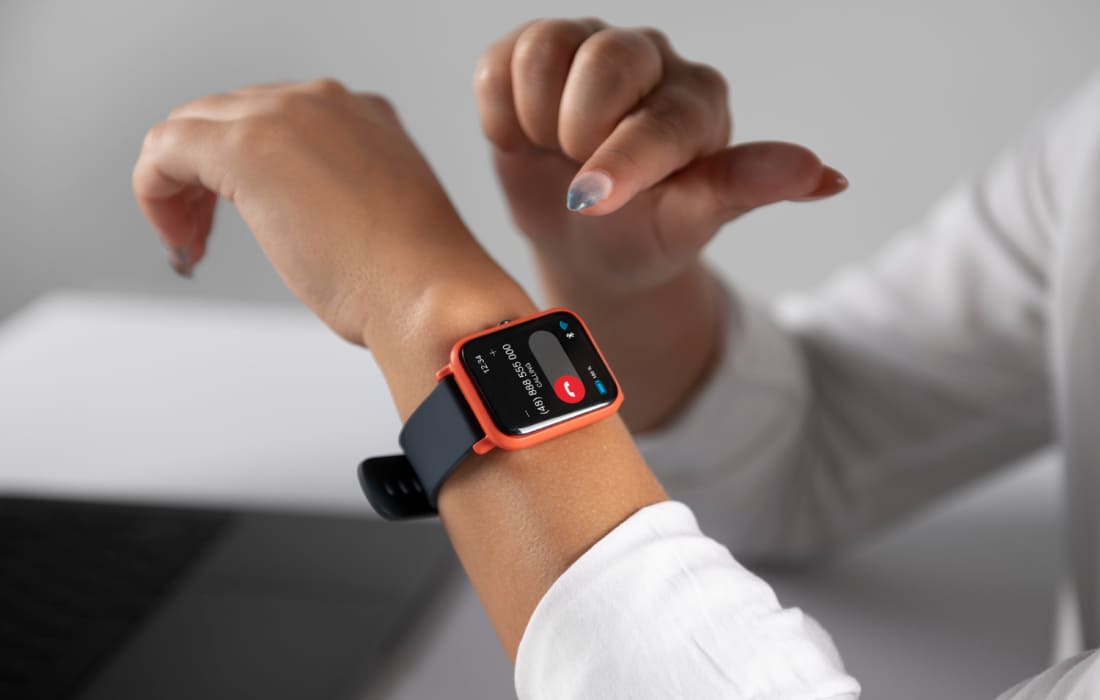Ultrahuman today announced that it is expanding its Blood Vision service to over 60 cities and 2,000+ PIN codes across India. The expansion aims to provide millions of users with affordable access to the company’s premium preventive health services. The company has also launched Vision Cloud, which is claimed to be the world’s first free universal health interpreter, and allows users to upload past blood test results and receive personalized insights within the Ultrahuman app.

Through a partnership with Tata 1mg, Ultrahuman Blood Vision will offer at-home sample collection by trained phlebotomists. Blood Vision offers 15 curated test panels, starting at ₹999. The Base plan (₹1,999) covers over 60 essential biomarkers, while the Premium plan includes 100+ advanced markers across cardiovascular, metabolic, hormonal, and longevity pathways.
Blood Vision results are delivered directly within the Ultrahuman app, eliminating the need for PDFs. Each marker is accompanied by reference ranges and actionable insights, which are enhanced by the company’s UltraTrace technology that integrates lifestyle data from the Ultrahuman Ring AIR. This data helps users track their well-being across multiple factors, including sleep, movement, and recovery, and provides personalized health recommendations based on their results.
Ultrahuman’s new Vision Cloud feature further supports users by offering free, AI-powered interpretations of past blood test reports. The tool delivers a personalized health analysis, including supplement recommendations and Blood Age scores. Vision Cloud will expand to interpret additional diagnostic data in the future, including microbiome, cancer, CT scans, and MRIs, aiming to build a fully integrated health ecosystem for users globally.

This expansion in India marks a key milestone in Ultrahuman’s global strategy, which already includes operations in Saudi Arabia and the UAE, with future launches planned for the UK and Australia. The company also plans to expand its interpretation capabilities to include genetics, microbiome data, and lifestyle risk profiling in the near future.












